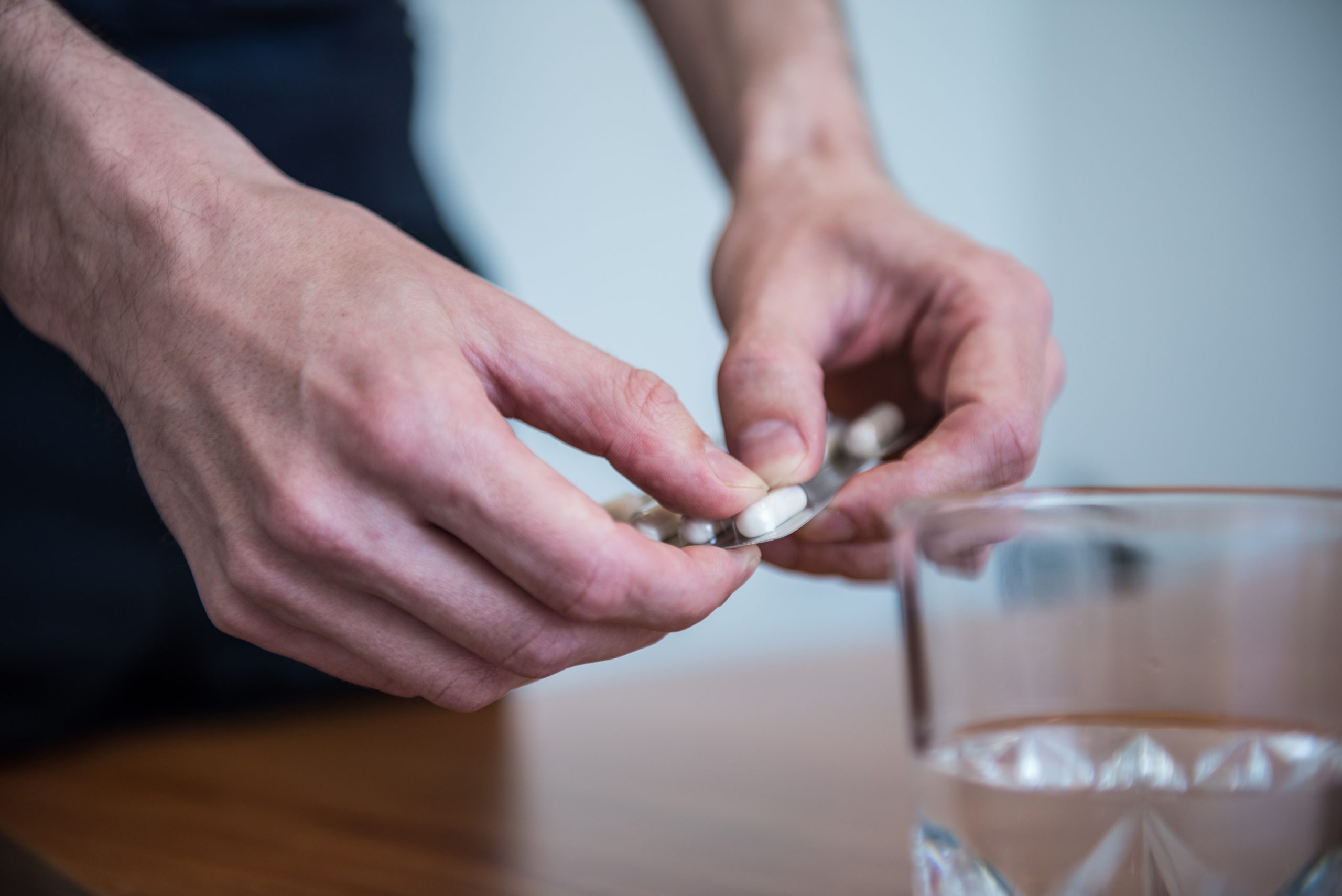ISAPP panel concludes that more evidence is needed to determine whether probiotics help restore an antibiotic-disrupted microbiota

By Dr. Mary Ellen Sanders PhD, Mary Ellen Sanders LLC, Colorado, USA, Dr. Hania Szajewska MD, Medical University of Warsaw, Poland, Prof. Karen Scott PhD, Rowett Institute, University of Aberdeen, Scotland, UK
From the time scientists began to understand how antibiotics disrupt the gut microbiota, questions have been raised about whether probiotics could help recovery from this disruption by providing bacteria beneficial to the gut environment or disrupting the bloom of harmful ones. The topic was brought to popular attention after a prominent 2018 scientific paper, widely covered in the media, demonstrated that a certain 11-strain probiotic formulation impaired gut microbiota recovery after antibiotic treatment, sparking debate about possible harms of probiotics.
A microbiota that supports health should be both resilient – meaning it can return to its original state after disruption – and adaptive, but can probiotics facilitate these important features of the microbiota? Under the auspices of International Scientific Association for Probiotics and Prebiotics, we met as part of a group of 8 experts in clinical medicine, biostatistics, basic microbiome science and probiotic microbiology to consider whether probiotics could help restore an antibiotic-perturbed gut microbiota in humans.
Different antibiotics vary in the extent to which they disrupt the microbiota, but in general antibiotics can reduce microbial diversity and alter how the microbiome functions. The therapeutic value of antibiotics is undisputed; however, their clinical use is associated with some harms, including an increase of antibiotic-resistant pathogens, Clostridioides difficile infection, and antibiotic-associated diarrhea. Although specific probiotics have been shown to mitigate some of these clinical harms associated with antibiotic use, how they accomplish this is not clear.
At the outset, we recognized that the human response to both antibiotics and probiotics was multi-factorial. Factors such as microbiota composition and host genetics can vary substantially among individuals. Variation is also observed among the different probiotic strains and doses used in intervention trials. Further, the studies that have been conducted to assess microbiota composition and recovery employed different methods and are therefore difficult to compare.
After conducting a systematic review of human studies within the scope of this topic, and reviewing available clinical and microbiome data (composition and function of the microbiota), we concluded that current evidence does not support the conclusion that probiotics studied so far help restore the gut microbiota to its pre-antibiotic-challenged state. Studies adequately designed to directly address this question are rare. We found that only a few probiotic strains, such as Bifidobacterium lactis subsp. animalis BB-12, have been tested in randomized, controlled trials for their ability to mitigate the impact of antibiotics on gut microbiota.
Given that nature of the interaction of probiotics with the microbiota may be specific at the strain level, strain-specific research is essential to uncover targeted benefits, rather than making broad claims about probiotics as a whole. It is unlikely that a conclusion on the effect of probiotics in general on an antibiotic-perturbed microbiota composition or function can be reached. Instead, future conclusions should be strain-specific, based on research on particular probiotic preparations using meaningful microbiome measures.
Multiple microbiota readouts, including strain abundance possibly adjusted for host-related parameters, should be used to assess microbiota recovery. We also recognized that higher microbiota diversity, although frequently assessed, has not been causally linked to good health in humans and may be insufficient as a measure of a more ideal microbiota.
Our conclusions do not detract from evidence that some probiotics can improve certain clinical outcomes related to antibiotic use, such as reducing the risk of antibiotic-associated diarrhea or C. difficile infections. However, these clinical effects have not been shown to be causally linked to a probiotic-mediated impact on the function or composition of the microbiota. An important avenue for future research is study of the mechanism(s) through which probiotic bacteria can provide these clinical benefits.
The panel was composed of Prof. Hania Szajewska MD, Prof. Karen P. Scott PhD, Prof. Tim de Meij MD, Dr. Sofia K. Forslund-Startceva PhD, Prof. Rob Knight PhD, Prof. Omry Koren PhD, Prof. Paul Little MD, Prof. Bradley C. Johnston PhD, Dr. Jan Łukasik MD, Dr. Jotham Suez PhD, Prof. Daniel J. Tancredi PhD, and Dr. Mary Ellen Sanders PhD. This review was published in Nature Reviews Gastroenterology and Hepatology.
Travel costs of experts to London UK and local meeting expenses were paid by the International Scientific Association for Probiotics and Prebiotics.
See here for ISAPP’s clinical resource on probiotic use alongside antibiotics